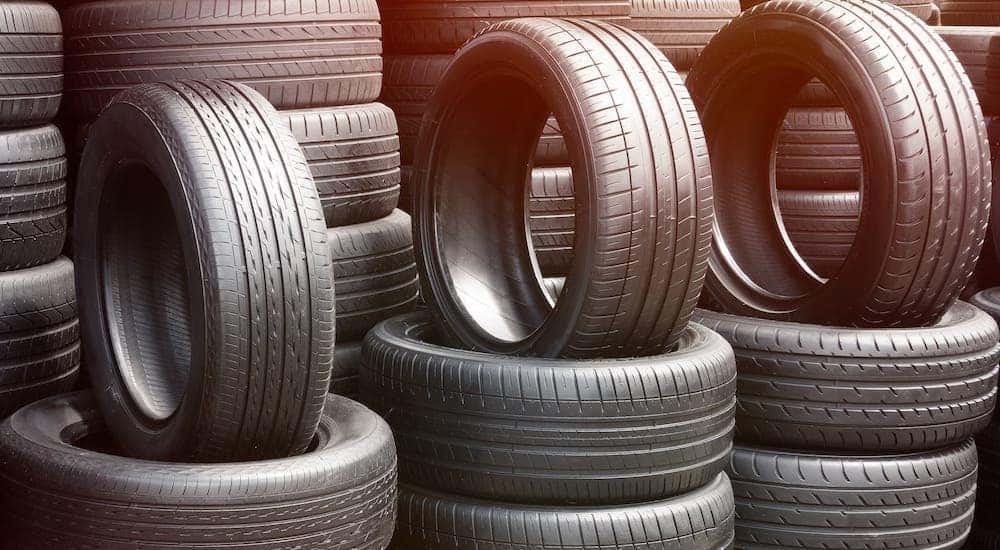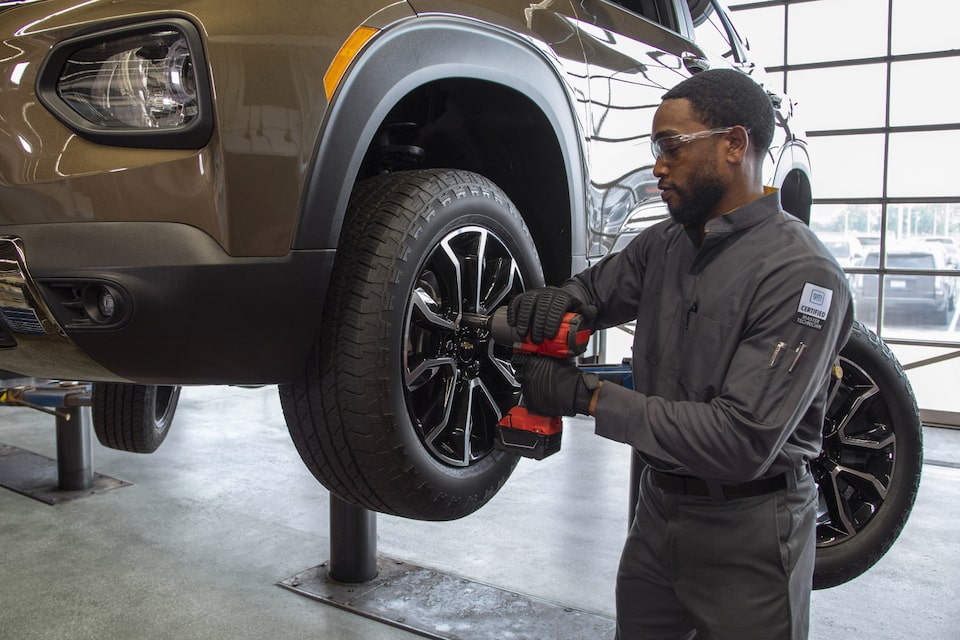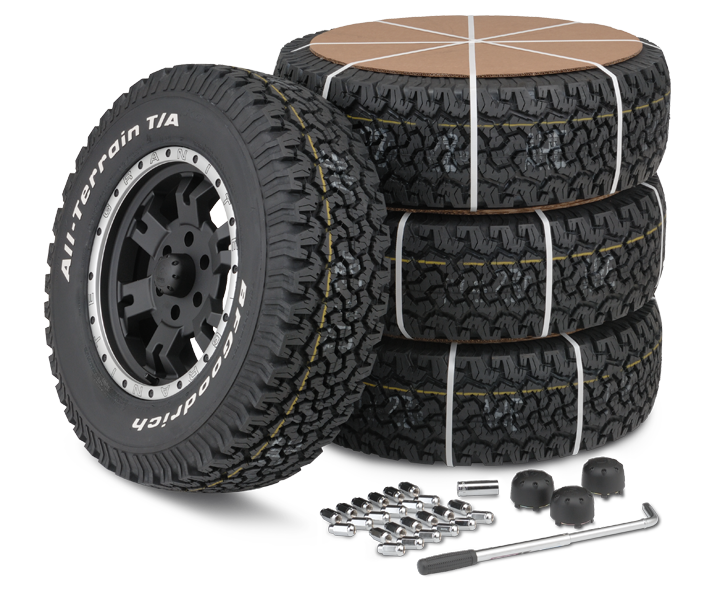Tire Service: The Impact of Climate Condition
When it pertains to making sure ideal efficiency and safety and security on the road, comprehending the impact of weather on tire service is critical. From scorching warm to icy roadways, each climate element can dramatically affect tire performance and general driving experience. By delving into the effects of varying climate condition on tires, chauffeurs can gain valuable insights that may boost their car's performance and longevity. In this conversation, we will certainly explore the detailed connection in between weather condition conditions and tire solution, dropping light on the value of weather-specific tire maintenance techniques and considerations.
Warmth and Tire Efficiency
When exposed to high temperatures, tires experience changes in performance that can significantly influence lorry safety and handling. The warmth created from long term driving or warm climate problems creates the tire rubber to soften, causing reduced step life and enhanced wear. As the rubber ends up being softer, the tire's grasp when driving decreases, affecting stopping ranges and overall traction. In severe situations, excessive warm can also trigger tire blowouts, posing an extreme safety danger to the car and its owners.
Additionally, high temperatures can increase the process of tire aging, causing the rubber to wear away a lot more rapidly. To mitigate the effects of heat on tire efficiency, motorists ought to consistently check their tire pressure, revolve tires to make certain even use, and examine for any indicators of damage.
Winter Results
Cold climate conditions can have a significant effect on tire efficiency and safety. As temperatures decrease, tire rubber can set, resulting in lowered traction on icy or snow-covered roadways. In winter, tires might also lose atmospheric pressure more quickly, which can affect dealing with and fuel efficiency. In addition, cold temperatures can create tire sidewalls to stiffen, enhancing the threat of damages from craters or various other road hazards.
To alleviate the effects of winter on tires, it is critical to routinely examine tire pressure and inflate them to the maker's advised degrees. Making use of winter or all-season tires developed for winter problems can additionally boost grip and hold on icy or snowy roadways - morris tire and alignment. Appropriate tire upkeep, including routine inspections for wear and damage, becomes much more critical during colder months to guarantee optimal efficiency and safety and security
Rainy Issues Influence
During stormy conditions, tire performance and safety and security can be considerably affected by the wet roadway surfaces and decreased presence. The tread pattern of tires plays a critical function in keeping grip on wet roads. Tires with worn-out footsteps are more susceptible to hydroplaning, where a layer of water constructs up in between the tire and the roadway surface, causing loss of grip. To combat this, vehicle drivers ought to consistently evaluate their tires for appropriate tread deepness and think about buying tires particularly created for wet problems.

Snow and Tire Safety And Security
When driving in snowy problems, having the best tires can make a considerable difference in safety and security and performance. Winter tires are created with unique rubber compounds and step patterns to offer better grip on snow and ice contrasted to all-season tires.
In enhancement to using winter months tires, it is critical to ensure they are appropriately blown up. Winter can cause tire pressure to go down, influencing traction and handling (mopar tire service specials). Regularly inspecting and keeping the appropriate tire pressure is important for optimum performance in snowy conditions

Weather-Related Tire Maintenance
When encountered with numerous weather, proper tire upkeep comes to be a critical facet of lorry security and performance. Weather-related tire maintenance encompasses a series of practices focused on guaranteeing ideal tire function and durability in different weather condition scenarios. One essential aspect of weather-related tire upkeep is tire stress policy. Changing temperatures can cause tire pressure to vary, influencing grip and gas effectiveness. Regularly changing and examining tire stress according to maker recommendations is important for secure driving in altering weather conditions. In addition, tire walk deepness plays a considerable role in managing different climate elements. Tires with adequate walk depth give much better grip on wet or icy roads, lowering the danger of skidding or hydroplaning. When tread wear reaches a specific deepness is vital for preserving grip and security in unfavorable weather, evaluating tire tread consistently and replacing tires. By focusing on weather-related click here now tire upkeep, motorists can enhance safety and security, improve automobile efficiency, and prolong the lifespan of their tires.
Final Thought
Finally, weather have a significant influence on tire performance and safety. From heat impacting tire stress and use to winter decreasing traction, it is essential to consider the weather when keeping and making use of tires. Wet conditions can reduce grip and cause hydroplaning, while snow can increase the risk of accidents if tires are not correctly furnished. Weather-related tire upkeep is critical in making certain optimum efficiency and safety on the roadways.
In this conversation, we will certainly explore the intricate relationship in between weather conditions and tire service, losing light on the importance of weather-specific tire upkeep practices and considerations.
